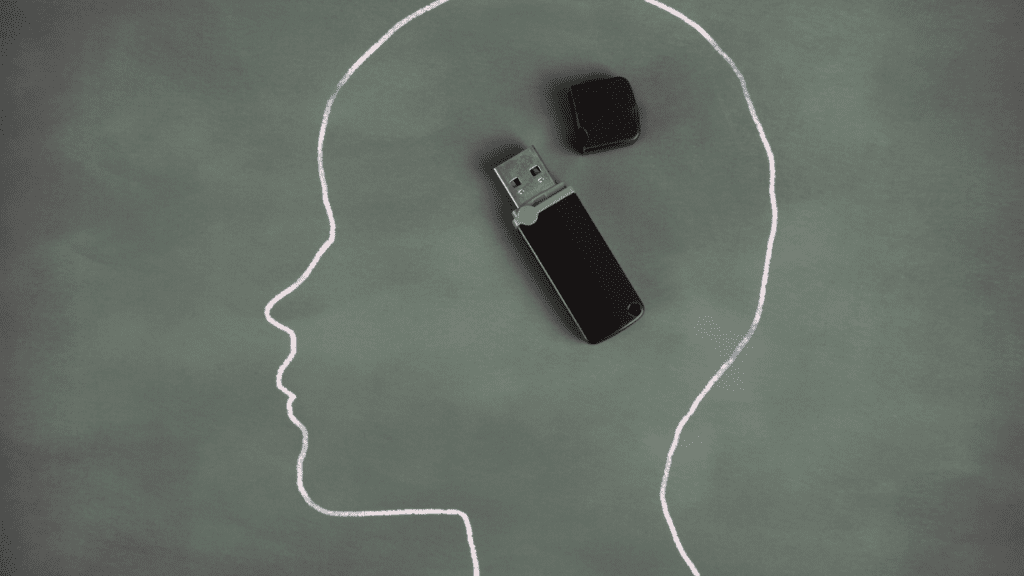The Problem of Memory in Memoir Writing

Over the past few months, I’ve been writing a religious nonfiction book centered around recovering from trauma. A huge part of the beginning of the book is telling my story so readers can understand where I’m coming from. So, although it’s not a memoir, per se, it’s quite memoir-esque, and I quickly discovered a problem.
To prepare myself for writing and ensure I captured all the significant teaching points for the book I should, I went back and reread all of my journals. All of them (I have about 40). In the process of going over the entries, I realized that much of my memory was sparse or downright inaccurate. This reality isn’t surprising to me from a neurological perspective. Memory is, in fact, an imperfect thing, because the brain is imperfect. I could recall certain events, for example, but I was often off about when they happened not by weeks or months, but by years. Trauma only complicates the issue, because it dramatically influences the encoding of the events. If you’ve been through hades, you might not remember much of it at all.
Now, not everyone is writing with trauma as a backdrop. But the experience of reorienting myself to what really happened made me realize that, if anyone is going to write a memoir, they have to account for errors in their recollection. But how can writers do that?
Talk to others
There might be events that are relevant to your memoir that you experienced alone. But quite often, others were there to experience the event, too. Ask them questions about what they remember. How closely does their memory jive with yours? Does it fill in any important gaps? It’s OK if their answers lead you to need to ask questions of other people. But look for consistency. Other people can remember incorrectly just as you might. So, if one person gives a recount of the event that is dramatically different than most of the others you talk to, try to identify the reason why.
Seek a professional
Trained therapists often can help you dig deeper into memories through all kinds of techniques. Tools like scents, family photos, or music often can serve as triggers for recall. Good therapists can use those tools in a safe setting to help you explore whatever is in your past. In some cases, this exploration can allow you to understand where you had perceived events erroneously or incompletely.
Get the facts
In some cases, the people who could have helped you remember are gone or unavailable. My parents, for instance, have been passed away for years. But often, there are other non-personal records that can offer clues. For instance, are there print or online articles from newspapers? What about legal filings, yearbooks, or old video footage? More than one writer has followed a paper trail to uncover the truth.
Admit the mess
In the worst-case scenario, it’s OK to admit in your memoir that your recall isn’t clear in specific areas. If you opt for this, simply be clear about what you perceived and the way it shaped how you moved forward.
Memoirs can be every bit as entertaining and moving as other types of writing. Problems of recall, however, can be a snare to a great draft. The good news is, there are ways to verify what happened and get closer to the real way things went down. Even when that’s tough, readers will understand if you are upfront about what you do and don’t remember.